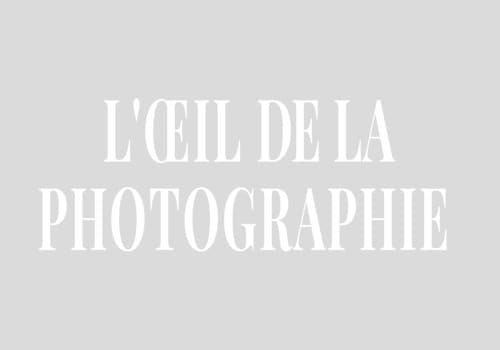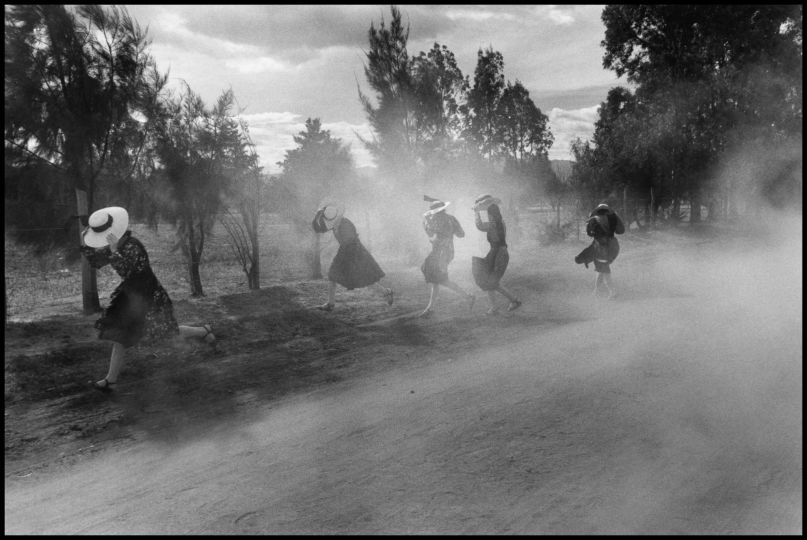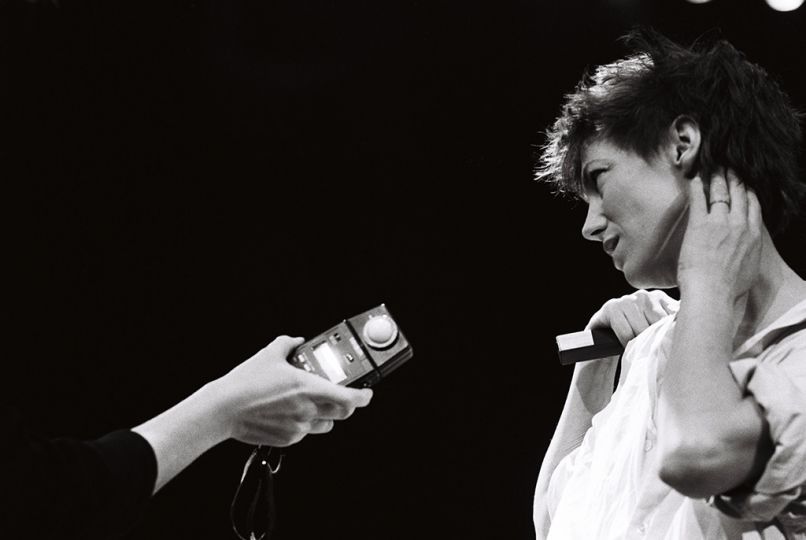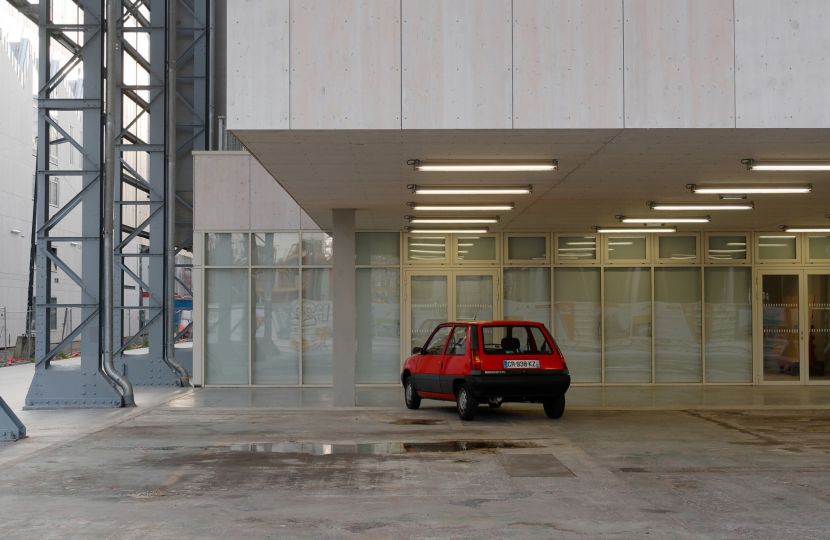As a result of his roots in the Chinese society, Zhang Hui’s work focused on social issues very early on. One and Thirty, Group Photos, Public Bathhouse, or Yumen Project: these projects are all reflections on the lives of the underprivileged in the Chinese society through experiments of intervention. Social issues such as political systems, modes of production, social relationship, personal identities and history have become the recurrent themes in Zhuang Hui’s work. These important explorations and the personal experience of the artist are what make up the “weight” of his work.
In 2011, after many years of working and living in Beijing, Zhuang Hui began to return to his hometown of Qilian Mountain, where He discovered that he could regain his spirit and start anew. This has made him rethink the most primitive relationship between human and land, and the true meaning of man. He returns to his childhood life by escaping from the highly modern civilization that has surrounded mankind. At Qilian Mountains, time has lost its urgency and has taken a much slower pace and thoughtful rhythm. There is no more clock ticking, only day, night, and the change of seasons. freedom and individual identity. Zhuang Hui tries to establish a new mode of co-existence with this world, “Qilian Range” provides a valuable perspective for us to think about the over-development of mankind, and in this sense, a farewell to his past self.
Information
Lianzhou Foto, Musée de la Photographie de Lianzhou
No.14 Tuanjie Rd., Yuexiu Guangzhou, P. C. 510095 Chine
December 02, 2017 to April 02, 2018
















